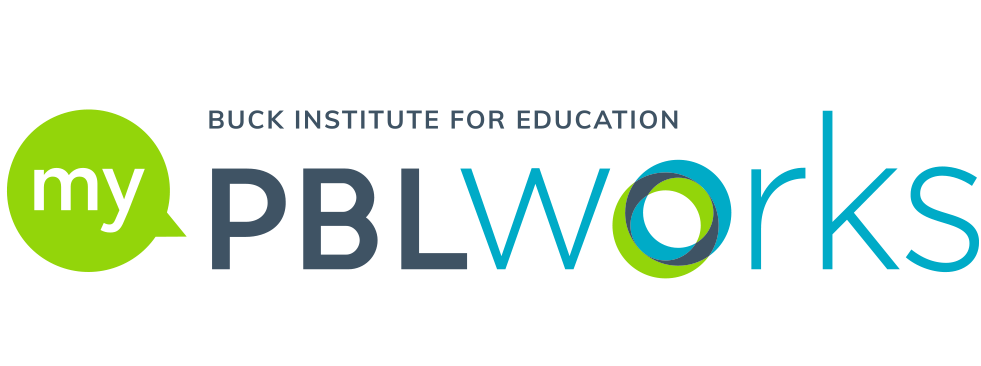The Power of PBL for Building Student Agency
We and others in the Project Based Learning camp have been using the term “student agency” more and more lately to describe both an underlying principle and a goal of PBL. One way it’s manifested is in our Gold Standard PBL model’s Essential Project Design Element “Student Voice and Choice.” Giving students the opportunity to make choices within a project—over, say, what product they will create or what tasks their team will tackle—is part of agency. But student agency goes beyond that and goes deeper.
In the emerging language of the new Framework for High-Quality PBL, student agency is described as “synonymous with experiencing control, autonomy, and power.” At our annual PBL World gathering today, keynote speaker Yvonne Armenta gave a powerful demonstration of how her high school experience with PBL instilled this sense of agency in her.
Yvonne is the first in her family to graduate from high school and attend college. She just graduated from the University of California, Berkeley, with a double major (Media Studies and Native American Studies) and a minor (in education, yay!). Yvonne comes across as a dynamo. She clearly seized the opportunities that awaited her at college, and she credits it to her experiences with PBL and portfolio defense at City Arts & Tech High School, in the Envision Schools network. She reminded me of a similar story from a recent graduate of Columbia University posted on our blog and recently on Education Week.
In most traditional schooling, Yvonne claimed, students and not engaged in their education because “they have no agency in what they learn… and do not see themselves reflected in their education.” At her PBL school, with its portfolio defense system where students have to prove they are ready to graduate by providing evidence, things were different. Here’s how she puts it:
“Engaging students in meaningful projects that not only encourage them to seek answers to questions they are passionate about, but later allowing them to creatively prove that they have retained the necessary knowledge. This creates self–confidence, agency, and clear vision of who they are as students.”
This sense of agency propelled her through college, where she was able to handle any problem she faced, work in teams, make presentations, and advocate for herself. She was not used to being a passive learner, as many students are as they sit quietly taking lecture notes and memorizing for exams.
Some might say a student like Yvonne is going to develop a sense of agency no matter what, because she admits she always “loved school.” But for her less academically inclined brother, she reports that the PBL program at City Arts & Tech turned him around. He too gained a sense of control, autonomy, and power and found a passion for a career that took him to San Francisco State University.
We believe PBL can be transformative for students, and stories like these prove it.
To view or download this resource, log in here.
Login